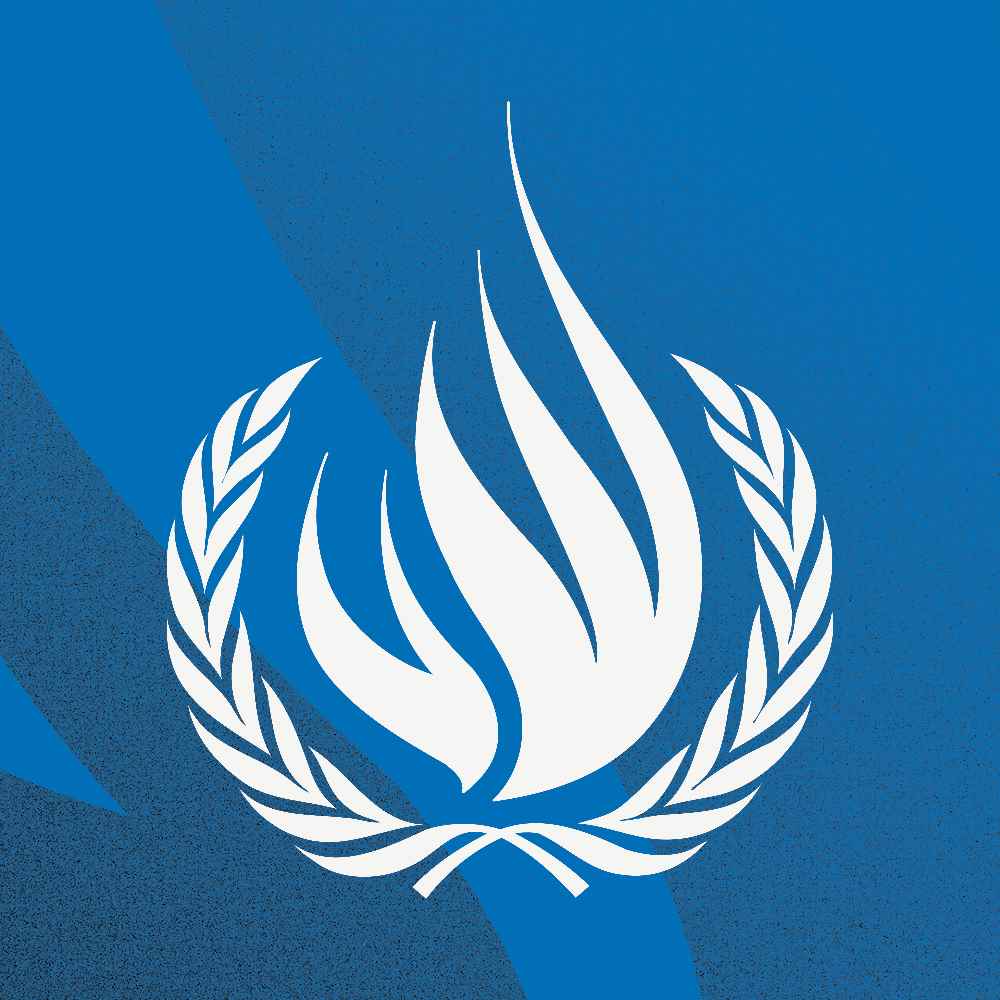
GENEVA (29 June 2021) – To effectively protect victims of trafficking, States must ensure that victims are not held liable for any unlawful activity carried out as a direct consequence of their trafficking situation, regardless of the gravity or seriousness of the offence committed, a UN human rights expert said today.
"Punishment of a victim marks a rupture with the commitments made by States to recognise the priority of victims" rights to assistance, protection and effective remedies," Siobhán Mullally, the Special Rapporteur on trafficking in persons, said in a report to the Human Rights Council.
The report analyses the impact on victims" rights of different forms of punishment which are covered by the non-punishment principle, which also includes exclusion from refugee status or denial of other immigration relief.
"Detention, forced return, arbitrary deprivation of citizenship and the imposition of sanctions for immigration offences or engagement in sex work or prostitution violate both the principle of non-punishment and the principle of non-discrimination," the Special Rapporteur said.
The report coincides with a recent decision by the European Court of Human Rights. Both the Court and the Special Rapporteur underlined that punishment of a victim would be injurious to a victim"s "physical, psychological and social recovery and could potentially leave them vulnerable to being re-trafficked in future".
"Effective implementation of the non-punishment principle is essential to ensuring that States" duties to take protective operational measures of assistance and protection, including of non-refoulement, are met."
The Special Rapporteur also raised concerns about the situation of trafficked children in armed conflict: "Children detained for association with armed groups, including designated terrorist groups, should be recognised as victims of grave violations of human rights and humanitarian law. Recovery, reintegration and family reunification should be prioritised, not punishment."
ENDS











